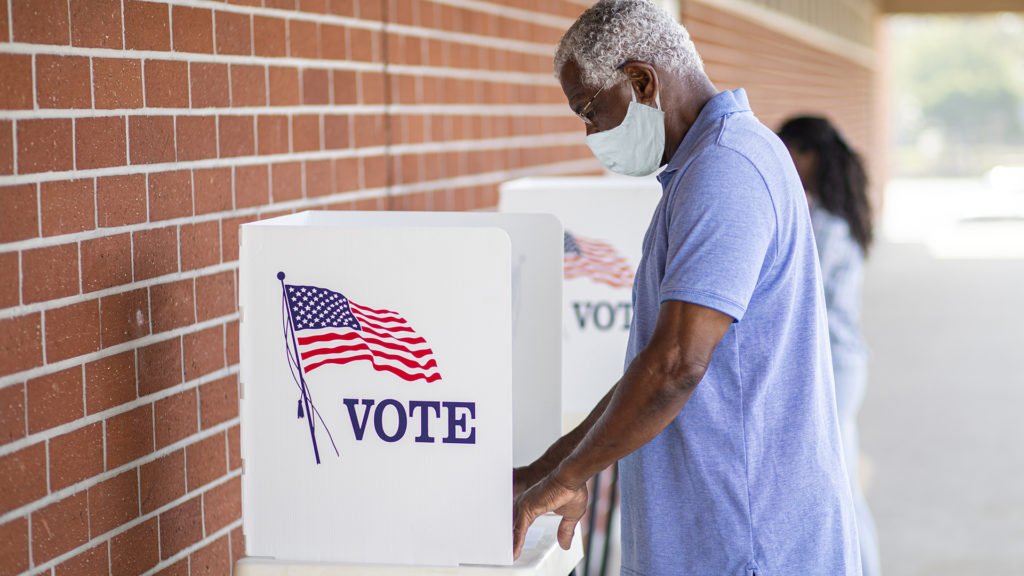
The November elections are important for any number of reasons. All 435 members of the U.S. House of Representatives are up for re-election and 35 of the 100 seats in the Senate. With the overturn of Roe V Wade early in the year – the supreme court decision legalising abortion – the Democrats saw a bump in the polls. Yet as the elections have drawn nearer, this lead has ebbed away. It now looks like the Republicans will take control of either, or both houses of congress making it difficult for President Biden to pass new laws during his remaining time in office. In return he could veto Republican backed legislation, resulting in gridlock.
The mid terms are also seen as a public vote on the performance of the president in their first two years of office. A good or bad outcome could impact Biden’s decision on whether to run for re-election in 2024.
On the Republican side Donald Trump has endorsed several candidates outside the Republican mainstream. If they do better or worse than Republicans elsewhere it could influence his decision on standing again.
Fifty per cent of Republicans running for state-wide office support Trump’s false claims of electoral fraud in the 2020 election. These include candidates for governor and secretary of state in swing states like Arizona, Michigan, and Pennsylvania. If elected, they will oversee the elections in 2024. They could join with Republican majorities in state legislatures to introduce measures to restrict early voting or postal votes. That would disproportionately hit poor and ethnic minority groups who traditionally vote Democrat.
If that fails, they could refuse to accept the result of the election and award the electoral college votes in their states to the Republican candidate. The Democrats would challenge the outcome. But in a contested election the 12th Amendment to the Constitution gives the final say to the House of Representatives, with each state casting one vote. That would mean small, predominantly Republican, states like Wyoming (population 0.6 million) would have an equal say with large Democratic states, like California (population 39.5 million).
That scenario might seem fanciful, but it’s happened before.
In 1824 Andrew Jackson topped the poll with 41.4 per cent of the vote and 99 votes in the electoral college, ahead of John Quincy Adams with 30.9 per cent of the vote and 84 votes in the electoral college. But Jackson fell short of the 131 electoral college votes needed to win. Under the 12th Amendment the outcome was decided by the House of Representatives. Henry Clay, House Speaker, was a key mover in the debate. He detested Jackson and used his influence to elect Adams. On becoming President, Adams appointed Clay as Secretary of State.
But first come the mid-terms, where Congress has no such mechanism to overturn individual results; so we will have to wait overnight to find out.
Kevern Verney is a Professor in American History at Edge Hill University.
